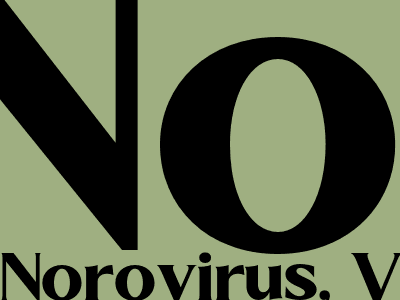
Norovirus: What You Need to Know
What is Norovirus?
Norovirus is a highly contagious virus that causes gastroenteritis, commonly known as the stomach flu. It is the leading cause of foodborne illness in the United States, affecting millions of people each year. Norovirus is spread through contact with contaminated food, water, or surfaces, or through close contact with an infected person.
Symptoms of Norovirus
Symptoms of norovirus typically appear within 12-48 hours of exposure and can include:
- Nausea and vomiting
- Diarrhea
- Abdominal pain
- Fever
- Headache
- Body aches
Norovirus is usually self-limiting, with symptoms resolving within 1-3 days. However, for some individuals, especially young children, the elderly, and those with weakened immune systems, norovirus can lead to severe dehydration and complications.
Treatment for Norovirus
There is no specific treatment for norovirus. Treatment is supportive and focuses on preventing dehydration by replacing fluids and electrolytes lost through vomiting and diarrhea. Oral rehydration solutions, such as Pedialyte or Gatorade, are recommended.
Prevention of Norovirus
The best way to prevent norovirus is to practice good hygiene, including:
- Frequent handwashing with soap and water
- Disinfecting frequently touched surfaces
- Thoroughly cooking shellfish and other foods that may be contaminated
- Avoiding consuming contaminated food or water
- Staying home from work or school if you are sick
There is a vaccine available for norovirus, but it is only recommended for people who are at high risk of severe illness, such as healthcare workers and residents of long-term care facilities.
Conclusion
Norovirus is a common and highly contagious virus that can cause unpleasant symptoms. Practicing good hygiene is the best way to prevent the spread of norovirus. If you do become infected, it is important to stay hydrated and rest until symptoms resolve.